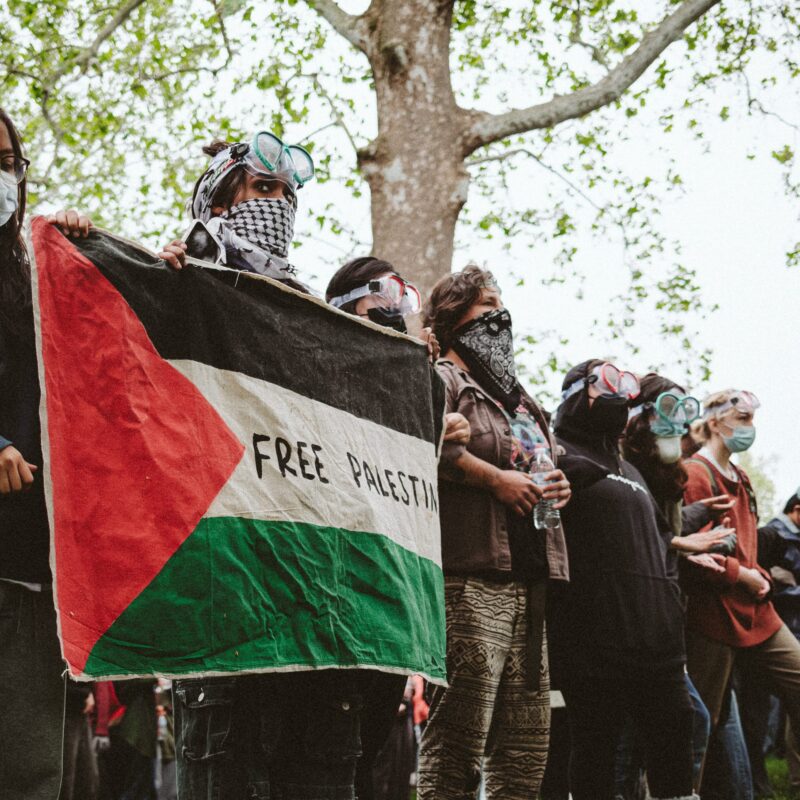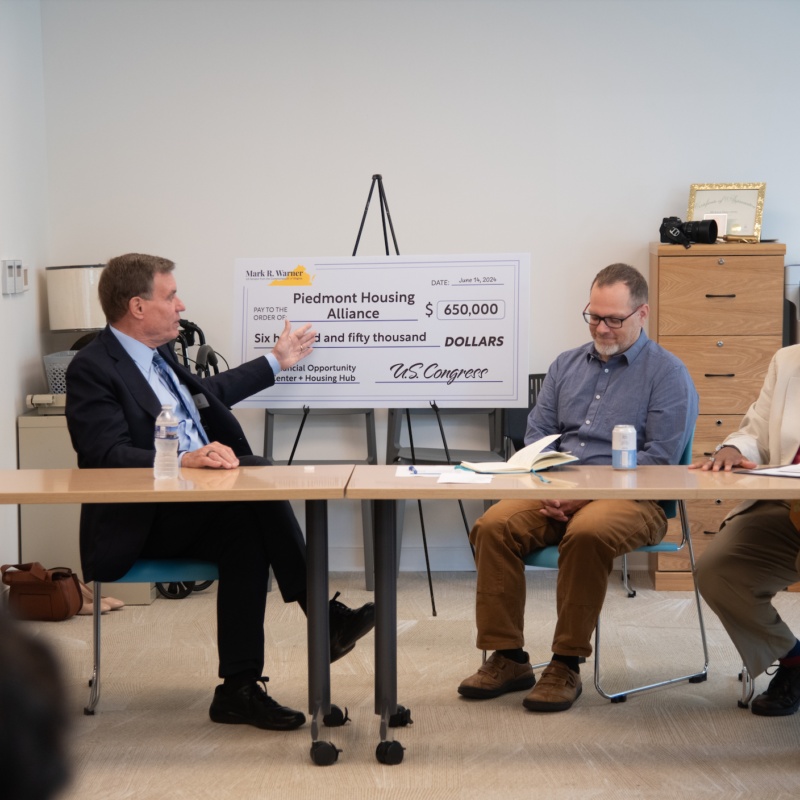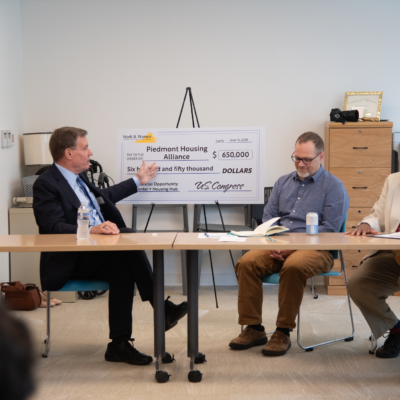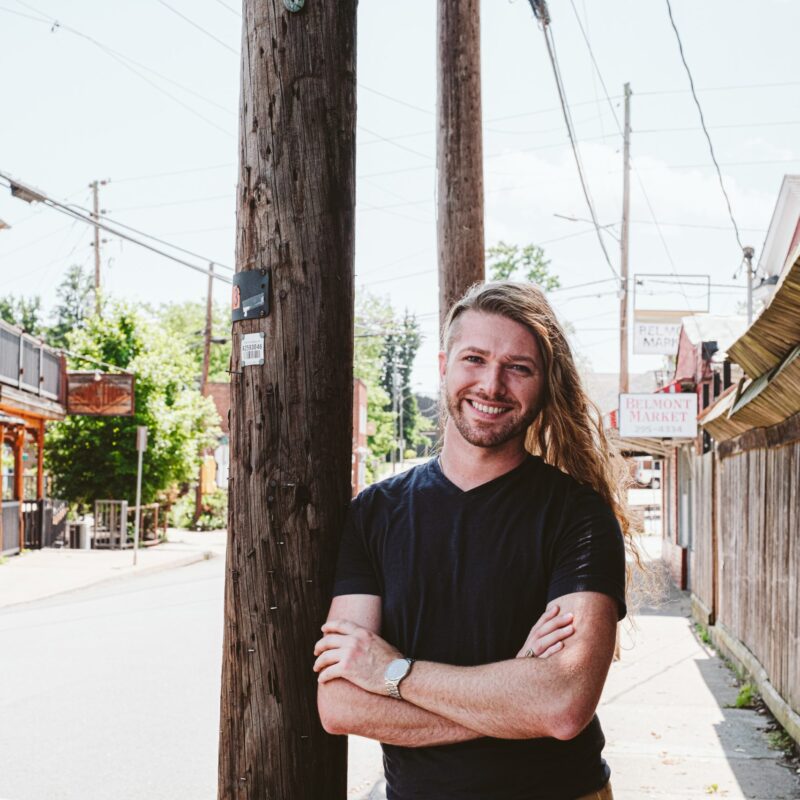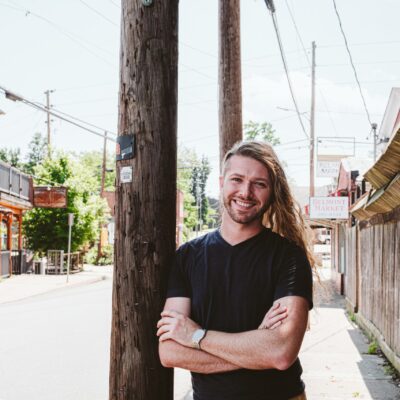The following opinion piece by Jeffrey C. Fracher, Ph.D. and Bruce R. Williamson, Jr. ran in C-VILLE’s December 17 issue.
The recent controversy over the Rolling Stone article does nothing to change the fact that the Sexual Misconduct Board (SMB) at the University of Virginia is a system broken beyond repair. It needs to be discarded. The only way to respond to all rape is with criminal prosecution.
In the SMB, the punishment for those individuals found to have committed a rape at UVA is expulsion. The punishment for rape in Virginia courts is five years to life in prison and mandatory registration as a sex offender.
There is no prosecutor in cases heard by the SMB. Students charged with rape may employ lawyers, investigators and experts just as they can in criminal courts. In criminal prosecutions, an experienced prosecuting attorney prosecutes the case.
In cases before the SMB, there is no Rape Shield Law that limits the defense’s ability to delve into the sexual history of the accusing rape victim. In criminal cases of rape in Virginia, the Rape Shield Law significantly limits the ability of defendants to do so.
Rape is not “sexual misconduct.” Euphemisms such as “sexual misconduct” and “non-consensual sexual intercourse” are used to encourage the SMB to find against students accused of rape. There is no euphemism for rape, any more than there are for “murder” or “robbery.”
The SMB system handles only accusations of rape by one (or more) student(s) against another student at the same college or university. All other allegations of rape are handled in criminal courts. In no other circumstance could an accused rapist enjoy the benefit of having the case tried in other than a criminal court. Many rapists are, or may become, repeat offenders. Only criminal prosecution removes a serial offender from society.
Title IX is well-intended. The availability of administrative panels to handle on-campus claims of sexual discrimination and sexual harassment, neither of which is criminal, is very important. Rape is an extremely serious criminal offense, not a civil matter. Title IX must be amended to exclude sexual assault from its purview. The crime of rape belongs solely in the criminal justice system.
We recommend that the following steps be implemented by the University of Virginia to encourage victims to immediately report rapes and other serious sexual offenses and to give victims assistance in navigating the criminal justice system.
1. Provide a specially trained professional, who is not affiliated with the University, to a victim upon the making of the report and throughout the prosecution of the rape to guide him or her through the process.
2. Provide immediate access to mental health professionals with specific training assisting victims of sexual assault and rape.
3. Require attendance at a series of classes designed to educate all students on the following:
a. self-protective versus risky behavior;
b. there is no shame in being raped;
c. rape is a most serious felony and no one who is raped is at fault, even if he or she may believe that the rape could have been avoided by more self-protective behavior;
d. report rape immediately, and have a medical examination that includes the preservation of physical evidence;
e. all members of the University community need to stand as one and proclaim zero tolerance of rape and sexual assault;
f. the victim of a rape who reports the crime at once and who tells the truth at all stages of a criminal case does a service to him or herself, to the University community and to the community at large.
Rape is rape. Rape is an extremely serious crime. It is time to call it, and treat it, what it is.
Jeffrey C. Fracher, Ph.D. recently retired after a 42-year career as a clinical and forensic psychologist and a certified sex offender treatment provider in Virginia. He is a clinical assistant professor at the University of Virginia in the Curry School Ph.D. program in clinical psychology.
Bruce R. Williamson, Jr. has practiced law in Charlottesville since 1979. He is a past-president of the Virginia Association of Criminal Defense Lawyers, the Charlottesville-Albemarle Bar Association and the Charlottesville Area Criminal Bar Association. He has served as a substitute judge of the 16th District of Virginia and an adjunct faculty member at the University of Virginia School of Law, teaching trial advocacy and directing the Criminal Defense Clinic.
